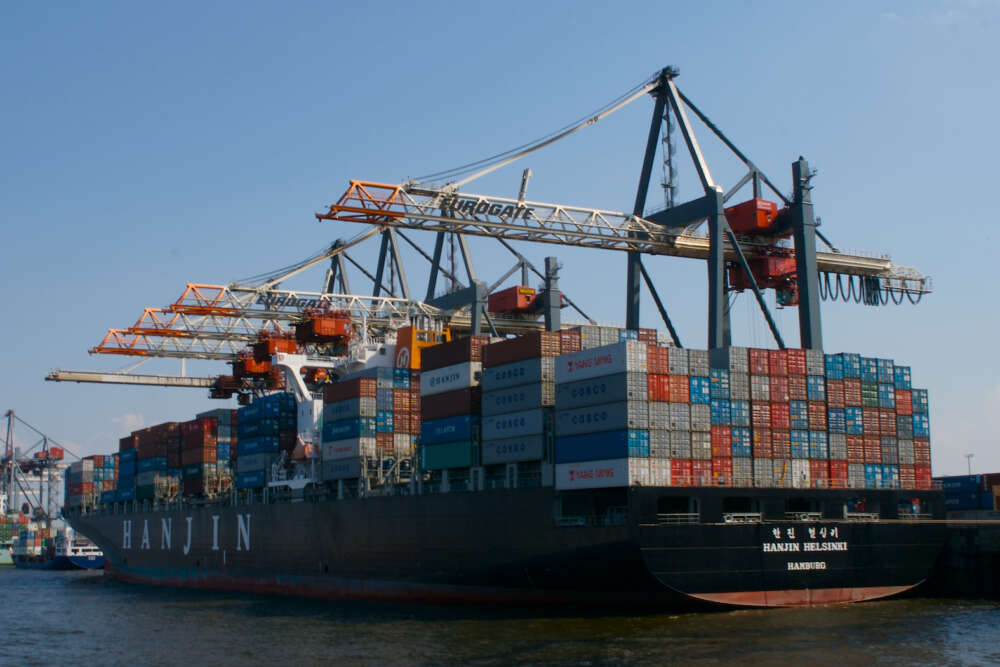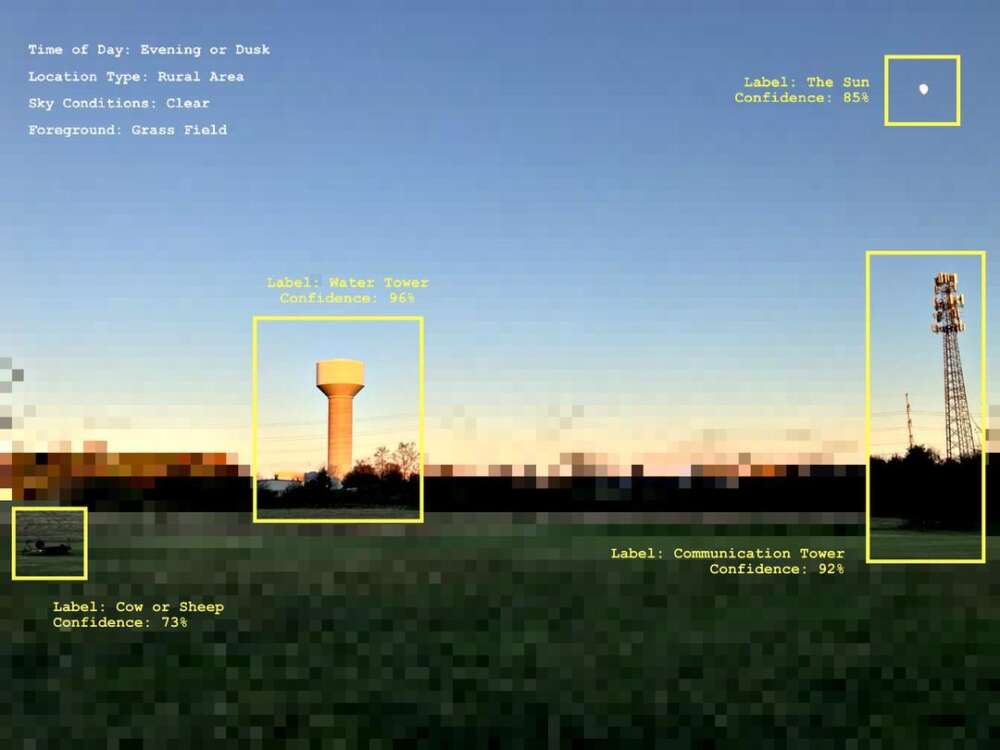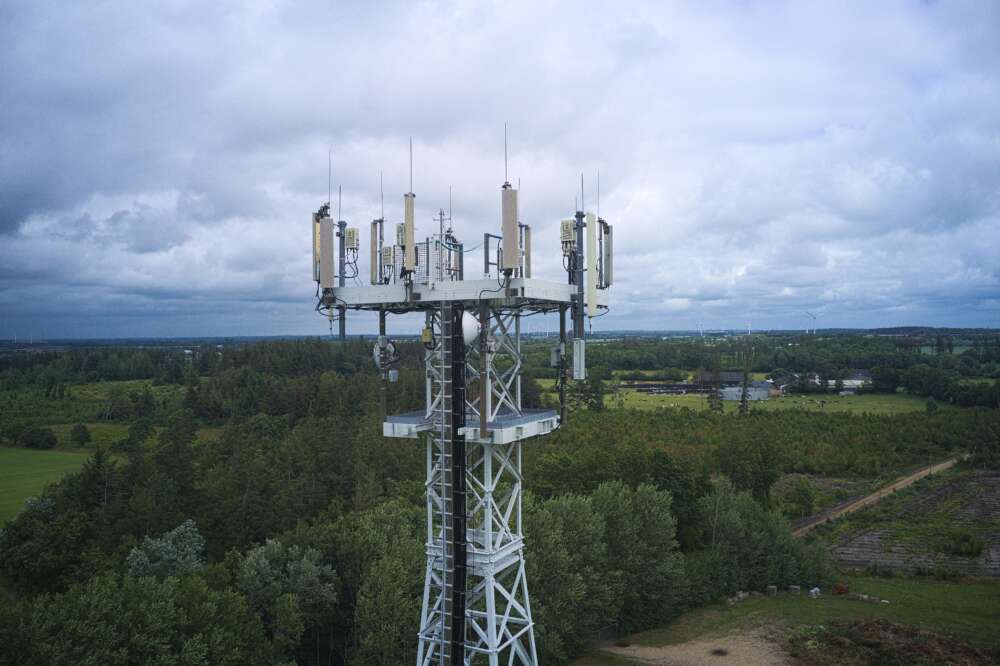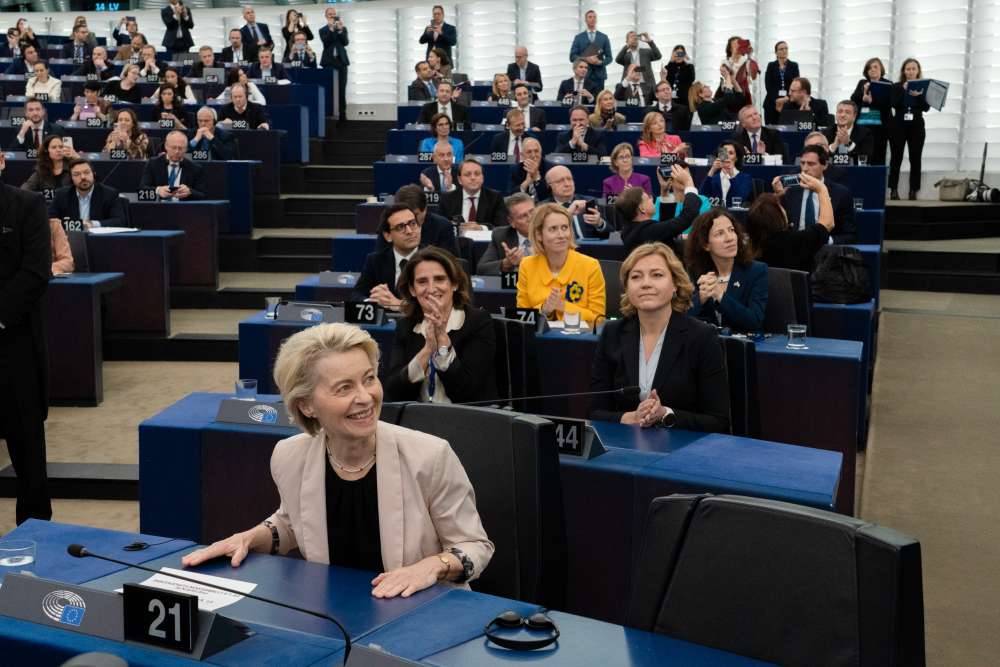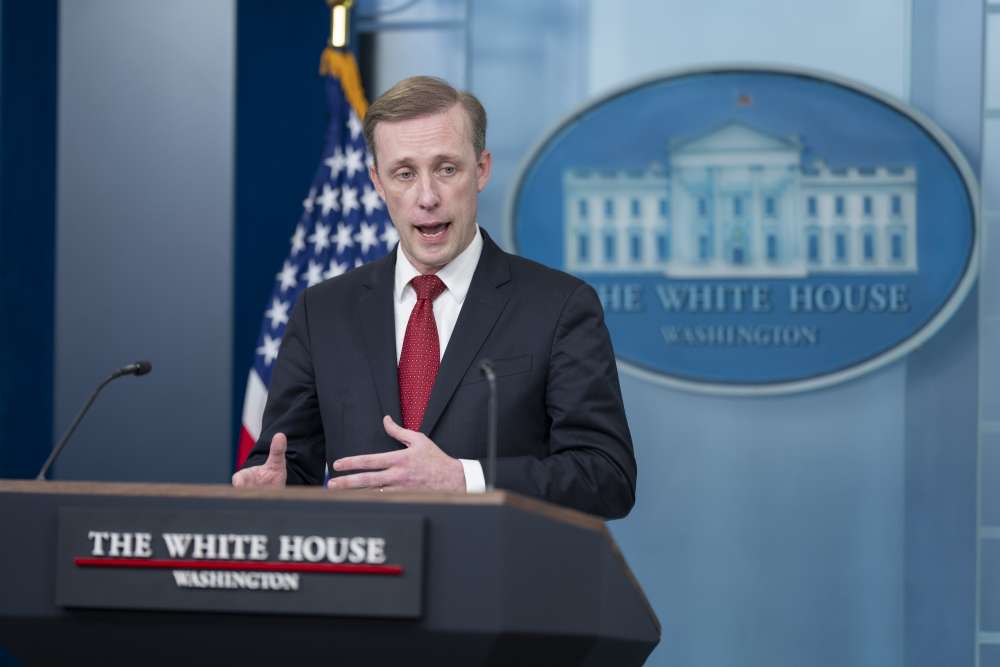Critical and Emerging Technologies: Sharpening the Strategic Agenda in Germany and Europe

June 2024 – December 2025
Rapid technological advances in domains such as artificial intelligence, semiconductors, quantum computing, and biotechnology raise urgent questions about their economic, societal and security implications – even more so at a time of deep uncertainty about the global order.
In the United States, the Biden administration made“critical and emerging technologies” (CET) a key aspect of its national security agenda, guided by its aim of maintaining “as large of a lead as possible” over strategic adversaries and competitors (read: China). In pursuit of this objective, Washington adopted far-reaching export controls, schemes for promoting domestic industries and other related measures. Under the second Trump administration, strategic technology policy intersects with an attempt to redefine the role of the United States in the global economy, giving rise to highly dynamic and, at times, seemingly erratic developments.
While the topic has clearly made its way to Germany and Europe, there is still too little understanding of the strategic goals, technological possibilities and constraints, trade-offs, and dilemmas involved in potential policy approaches. Greater clarity on these matters is vital for Berlin and Brussels to develop their own strategic agenda, in dialogue with as well as vis-à-vis the United States.
This project seeks to advance this discussion through original research and analysis, by contributing to the public debate and by fostering a cross-sectoral community of thinkers and practitioners in Berlin and beyond. This work is conducted in close exchange with colleagues at the Carnegie Endowment for International Peace and at other institutions working on related topics. It builds upon the “US-German Track 1.5 Dialogue,” which GPPi co-organized with Carnegie and the Bertelsmann Stiftung in January 2024.
Since its start in mid-2024, the project has generated analyses and commentary on topics ranging widely, from the impact of Biden-era policies to the national security reforms Germany must take to keep up with CET-related challenges and the security implications of biotechnology and quantum technologies.
The project also features an ongoing series of closed-door discussion events with stakeholders from policy, industry and research in Berlin. Further activities to foster a shared strategic outlook among stakeholders across the German government, as well as a better understanding of the aims and approaches of US interlocutors will take place until the end of the year.
The project is funded by the German Federal Foreign Office.
For more information, please contact Jakob Hensing.
Keep up with the global politics of critical & emerging technologies!
Sign up here and be the first to know about new publications and events from this project.
Or sign up here.


